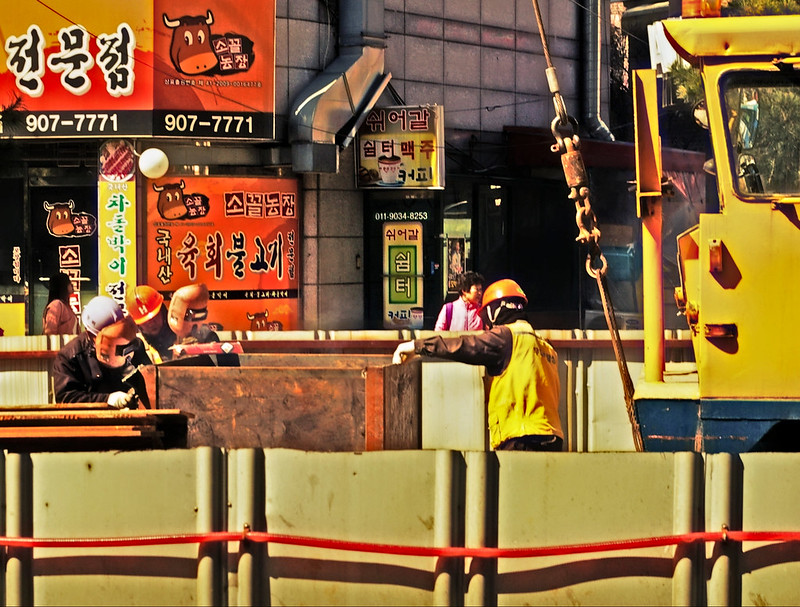Illegal migrants, many from Thailand, are offered voluntary repatriation
South Korea has introduced a voluntary repatriation programme for illegal migrants that would avoid expulsion and include a waiver on heavy fines. At the end of 2023, some 423,675 foreigners were staying illegally in the East Asian country out of more than 2.5 million. About 145,000 Thais, who are more than a third of all foreigners staying illegally, could benefit from the measure.
Bangkok (AsiaNews) – South Korea’s decision to waive immigration rules will benefit Thai nationals the most since they are the largest group of foreigners living in the country illegally. If they agree to a voluntary return programme, they will not have to face legal consequences.
Malaysia adopted the same policy before South Korea, but it involved only 27,000 Thais out of an estimated two million illegal migrants.
Voluntary departure would allow Thai nationals to avoid jail, a criminal record and expulsion, which many Thais have experienced in recent years.
At the end of 2023, out of 2,507,584 foreigners living in South Korea, some 423,675 were staying illegally in the country, this according to official sources. The largest number of illegal foreigners (40 per cent) entered the country exempted of visa requirements.
Thai nationals who accept this offer can avoid legal problems, including heavy fines, and have until 31 January 2025 to apply.
South Korea’s Justice Ministry reports that more than 145,000 Thais could benefit from the policy. Overall, they represent a third of all foreigners illegally staying in the country; the others include almost 80,000 Vietnamese, 64,000 Chinese, 14,000 Filipinos as well as Indonesians and Cambodians. About 45,000 Thais are legal residents, while another 20,000 are present as tourists.
Illegal immigration is a long-term issue in South Korea. Once in the country without proper documentation, immigrants are easy prey to criminals or unscrupulous employers; some are forced to perform work other than what was initially offered.
In South Korea, Thais who stay illegally are colloquially known as "phi noi", little ghosts. Their presence highlight shortcomings and complicities on both sides. Thailand’s embassy and the South Korean Immigration Service are working to find a definitive solution.
To this end, South Korean authorities plan to introduce stricter visa controls, without undermining the traditional relationships of friendship and cooperation between the two countries.
Meanwhile, the issue of Thais subjected to legal proceedings or awaiting deportation remains unresolved. About 6,900 took advantage of an amnesty and returned home between November 2023 and March 2024.
While Thailand appealed to its citizens to leave South Korea to avoid paying a hefty fine and having their passports marked so they would be barred from the country for a long time, this might fall on deaf ears since Thailand’s economic woes are an incentive for more and more Thais to leave their country.
12/02/2016 15:14
11/08/2017 20:05







.png)










